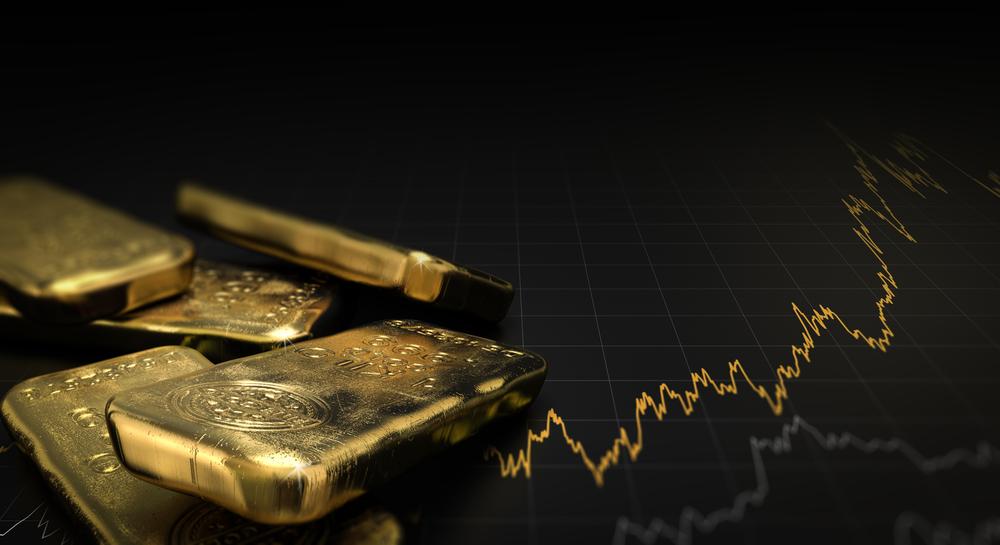An elemental piece of knowledge within the world of finance is that, as an asset, the price of gold tends to work inversely to bearishness in equity markets. This isn’t to say that there is a perfect trend – whereby precious metals dip when global equities are doing well – but when markets falter, gold prices bounce as people look for somewhere safe to store their money.
Today, the price of gold continued its modest rally, up 0.48% to $1,583.30 per ounce. While this is some way off the $1,800 mark predicted by some researchers, Florian Grummes of Midas Touch Consulting said gold had yet to reach the “euphoric phase” of its price consolidation.
He predicts that more momentum is needed to push gold past the $1,600 mark, but added that gold bulls are in control of the marketplace.
“Every dip is quickly being bought and the surprises are always happening to the upside,” said Grummes.
“Even though gold has already increased by over US$450 from the low at US$1,160 in August 2018, the bulls remain in control and are not showing any weakness.”
“The back and forth between US$1,535 and US$1,600 now seems to be taking the form of a triangle,”
“Overall, gold will likely need more time within this triangle. However, at some point a breakout to the upside is much more probable as triangles usually resolves within the prevailing trend – which is obviously up.”
What does this say about global markets?
Well, as stated, a high and increasing gold price is usually telling of poor sentiment in the wider market, with gold peaking during the 2001 recession and in 2011 on fears the US would default on its debt.
The price of gold now stands at its highest point since April 2013, a far cry from the $1,830 level last seen in August 2011, but perhaps we shouldn’t celebrate just yet.
Amid the political tensions, Coronavirus, BoE Climate Change report et al., there are certainly a number of causes for shaky sentiment, with little substantive reassurance on the horizon.
Is this just the tail-end of a continuing gold rally?
Despite the ominous undertones of a price rally, it is one that began in earnest in August 2019, when market sentiment was hardly in a brilliant place. This isn’t to say the situation is much better now, but can we assume from the consistent price growth that global economic activity is going to worsen, or that gold will continue to rally?
“There are no contrarian signals from sentiment analysis for a sustainable turnaround and trend change in the gold market. Rather, the “grand final” of the party that has been going on since August 2019 is likely yet to come,”
“The mood among gold investors is currently optimistic, but the Gold Optix still has a lot of room for more optimism and greed.”
His view, though, is that recent growth is periodical rather than contingent on real-time, wider market sentiment. Gold may not have peaked yet, but perhaps a sustained rally will take a more cataclysmic turn of events.
He said speculative positioning in futures markets is a concern he continues to monitor.
“Overall, the CoT report continues to provide a clear sell signal. The futures market has built up a huge potential for a deep and significant price correction,”
“This will happen soon or later. Before that, however, the gold price can still overshoot to significantly higher prices.”
In essence, don’t fear complete Armageddon in the global economic activity. Markets aren’t in a peachy position, and are certainly lacking any real cause for celebration, but perhaps we shouldn’t see the continued rally in gold as an exact indicator for doom and gloom (at least not just yet).
For now, the prospect of prices hitting $1,800 during Q1 isn’t too far-fetched, so it may be worth a punt.

